- 400km AquaDuctus production line will help offshore wind farms generate green hydrogen
- The pipeline will be used to transport natural gas from many locations to Germany
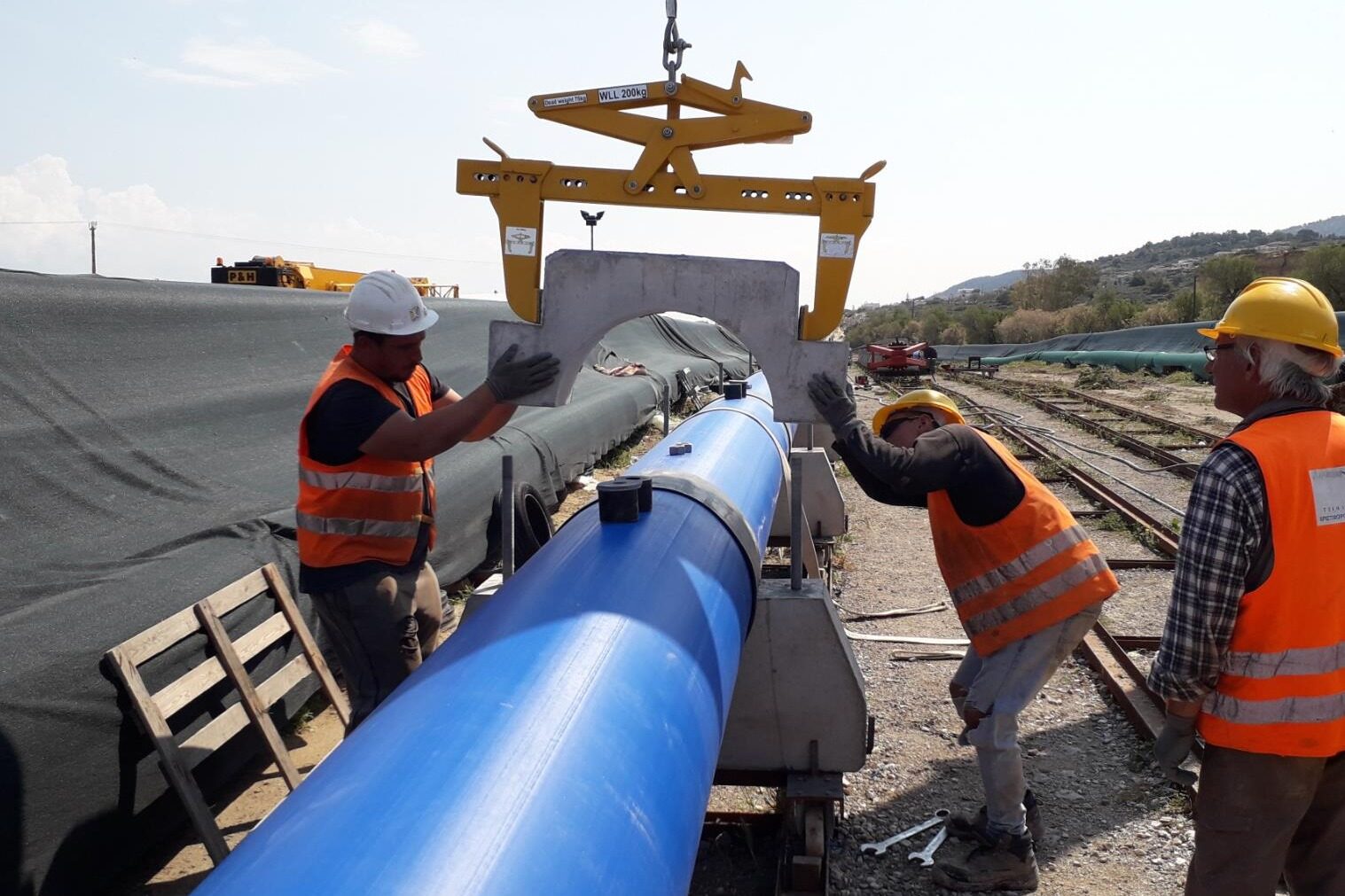
Gas transmission companies Gascade and Fluxys have asked the European Commission to give them special status for their project to build a hydrogen pipeline under the North Sea. They want the EU to grant them project of common interest status, which would make the approval process easier and faster. The plans are also eligible for funding from the Connecting Europe Fund, which has a budget of 5.8 billion euros for the period 2021-27.
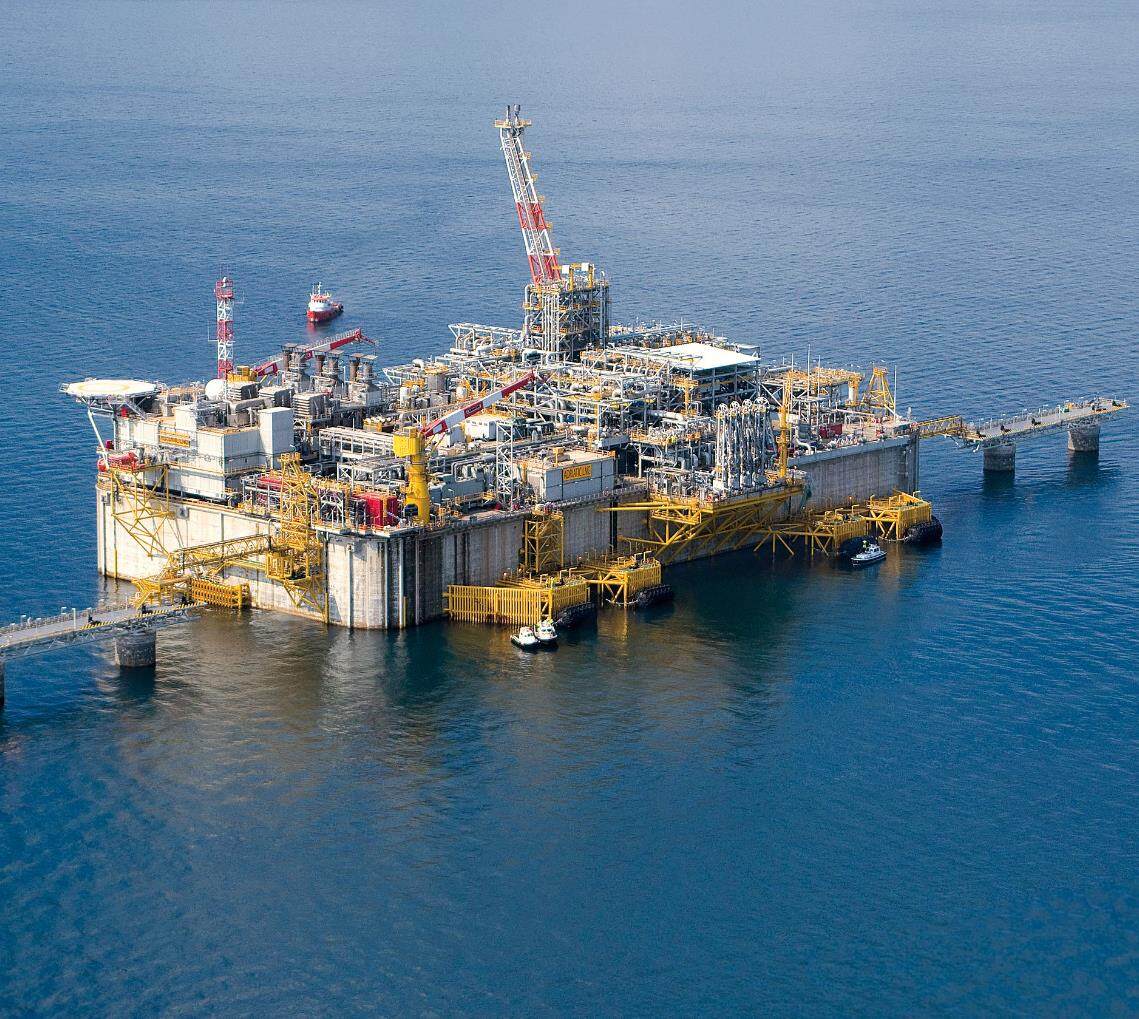
We firmly believe that the AquaDuctus offshore pipeline will be a key element of Europe's future energy supply picture and a major advance towards climate neutrality, said Brussels-based Fluxys CEO Pascal Deback.
Christoph von dem Bussche, Managing Director of Gascade Germany, added that our specific plans for AquaDuctus will enable the federal government to take concrete actions to follow up its hydrogen efforts with European partners such as Norway.
According to Gascade, a full feasibility study supports the technical and business case for the plan. In the first phase, AquaDuctus will be connected to the German wind farm SEN-1, which will be operational in 2030. In subsequent years, it may be connected to other sites in Germany's exclusive economic zone, as well as to other North Sea operating hydrogen infrastructure countries.
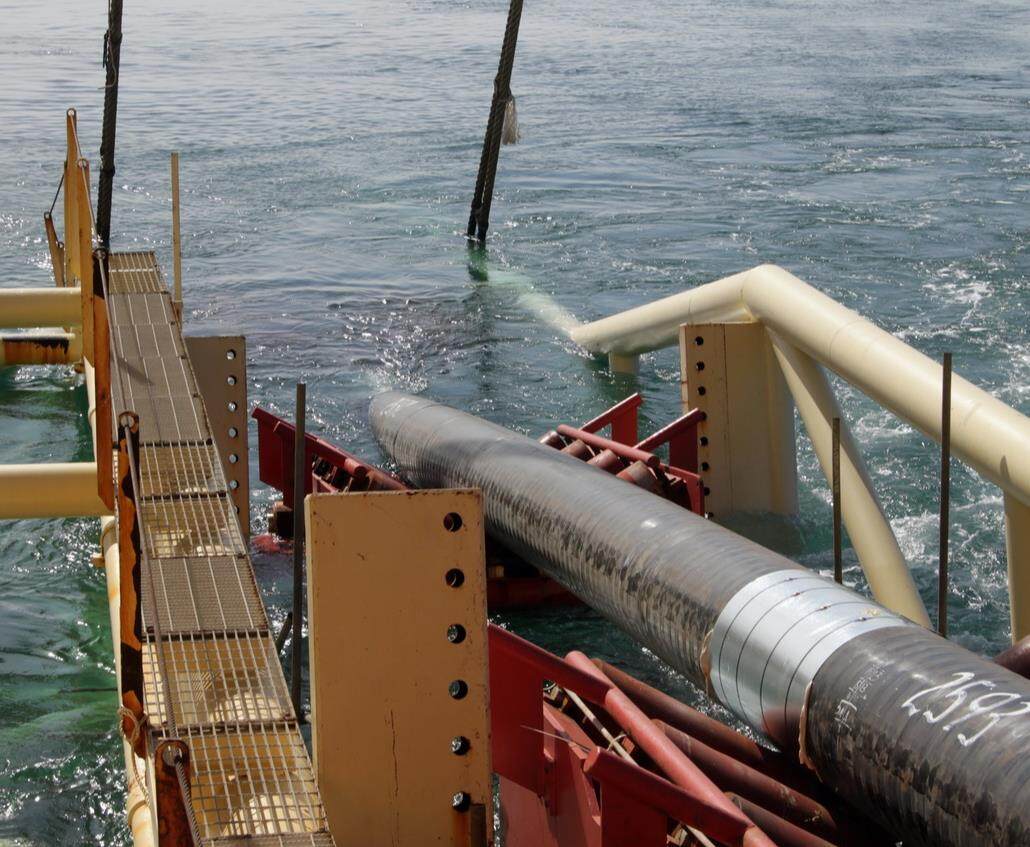
SEN-1 will be located 150 kilometers northwest of Helgoland and is expected to generate up to 1GW of electricity. It was built in partnership with energy companies Gasunie, RWE and Shell.
By 2035, the line is expected to develop into a major hydrogen corridor transporting up to 1 million tonnes of hydrogen per year. According to the study, the hydrogen production potential in Germany and the European North Sea is 100GW per year.Editor/XingWentao
Comment
 Praise
Praise
 Collect
Collect
 Comment
Comment
 Search
Search


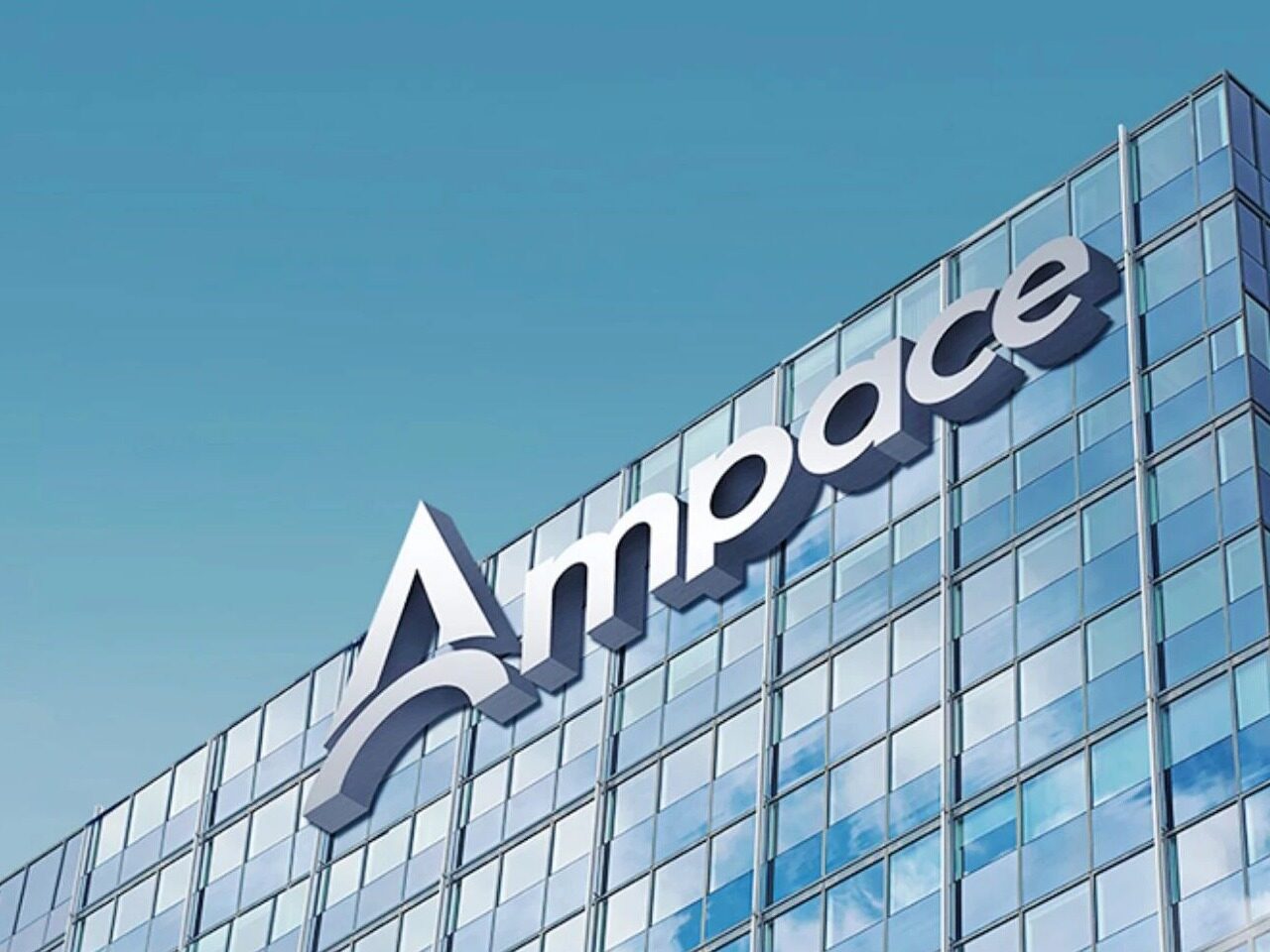
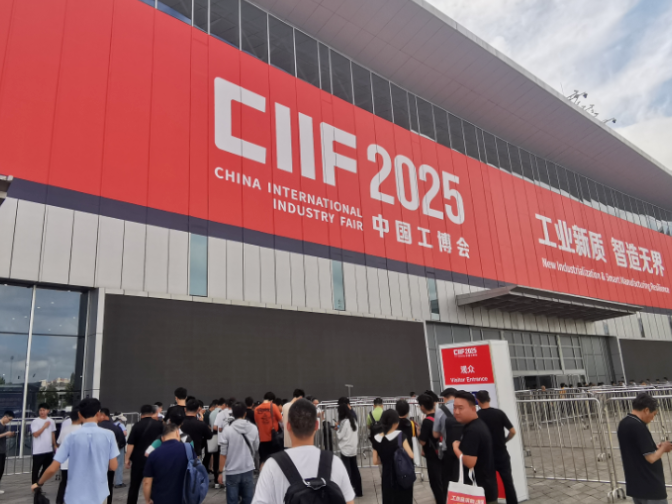
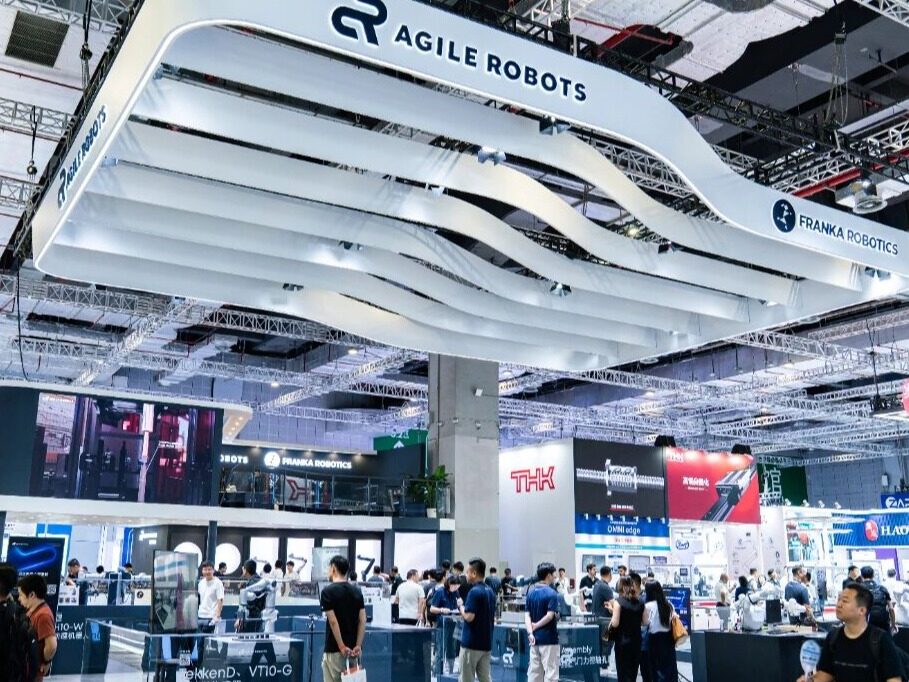
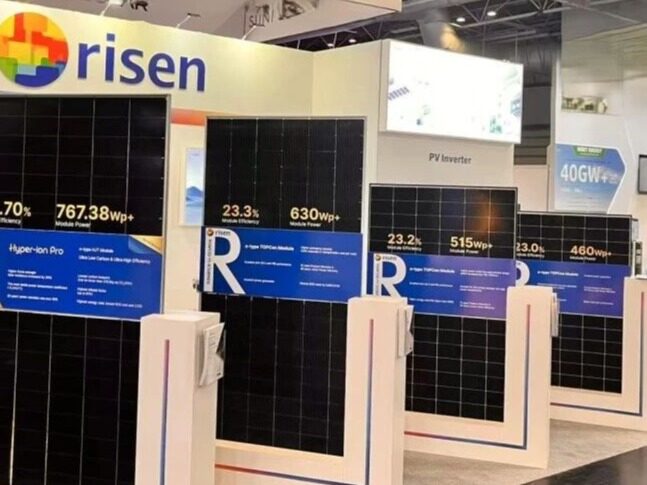
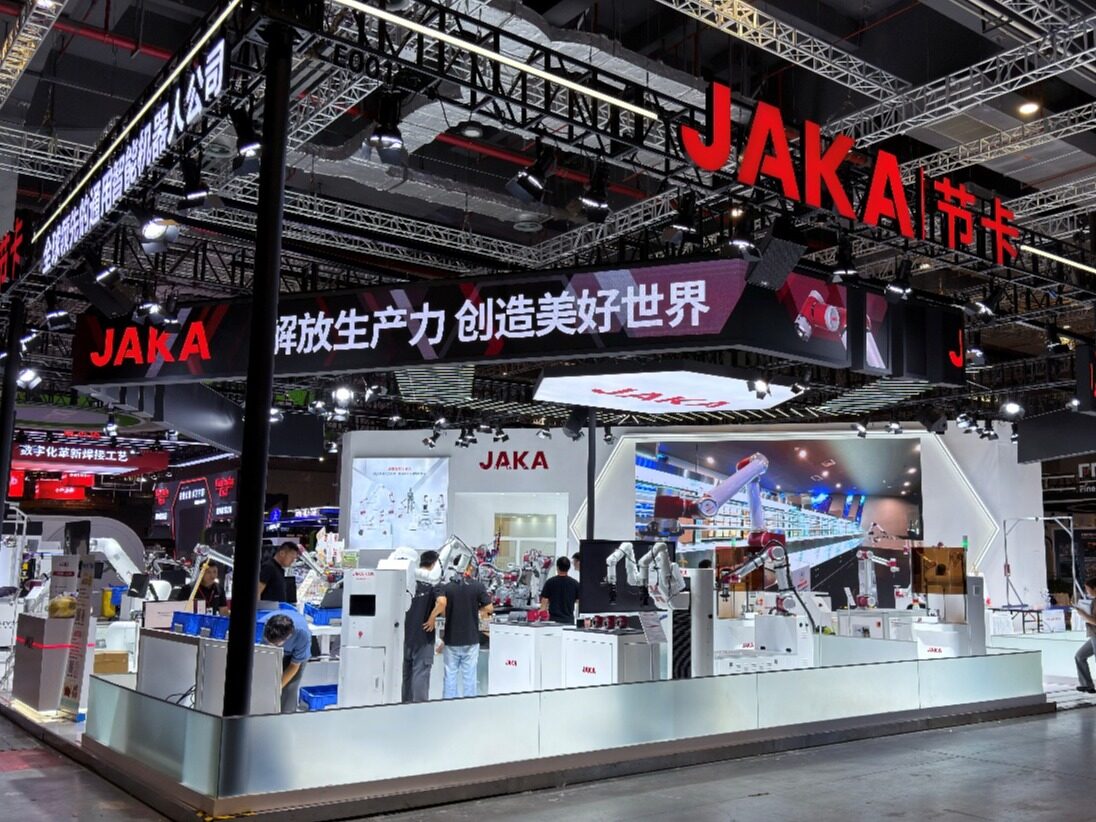
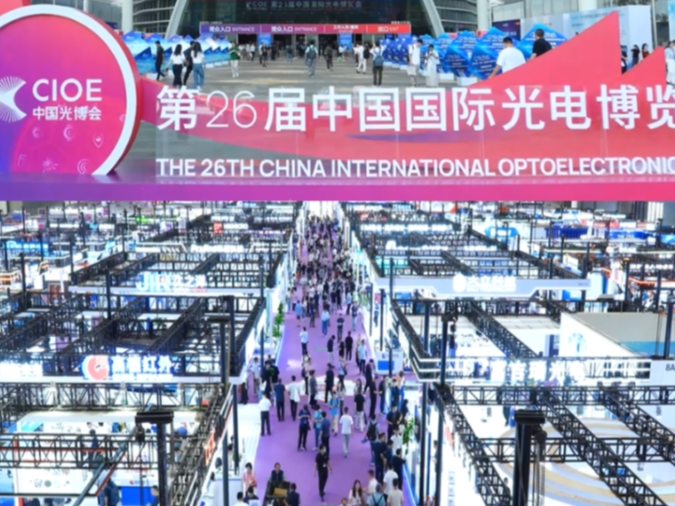






Write something~